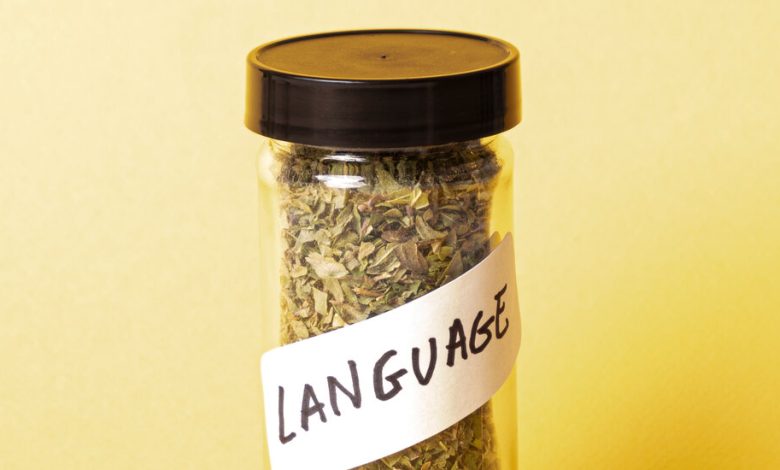Black English Doesn’t Have to Be Just for Black People

Matt Rife is a comic. He’s 28, he’s white and he can be hard to listen to. And that’s because he’s always dipping into Black English.
Rife is from the small, very white town of North Lewisburg, Ohio. And yet in his routines, to strike a genial “You know what I’m talkin’ about?” chord, he often breaks into a Black sound, syntax and slang that is highly unlikely to be the common coin of social intercourse in North Lewisburg.
In a routine about friction with his stepfather, for instance: “You gon’ keep me in dis room wit’ dis movie? I guess, lock me uhhp, you know what I mean? All summer, baby — ah’m good!”
Then, following a few sentences in mainstream English: “I finally had leverage for wuhnce. Neither one of us could snitch on the other puhr-son without losing everything, it was nice. I was like, ‘You kin either beat me, or — you ain’t gon do both, OK?’,” adding an expletive. It’s as if Rife goes in and out of trying to be Dave Chappelle.
Rife has been widely dissed on social media for this habit. People find it fake. A part of me did, as well, the first time I caught him on TV. However, I’m not sure we should, in Rife’s case or in that of other non-Black celebrities (such as the Asian American rapper and actress Awkwafina) who dip into Black English. This is something non-Black people under about 40, celebrity and otherwise, seem increasingly to be doing in ordinary life. My students have written papers attesting to this tendency both in speech and texting.
It is Human Language 101 that people style-switch all the time, even when they are not switching into a different language or a distinct dialect from that point on. “Wow, this insurance for my flight is so expensive … but ya gotta watch out for yerself, I guess!” you might say when stressing your good old Everyman pragmatism. Many Black Americans switch in and out of Black English in the same way, using it as a kind of seasoning.




